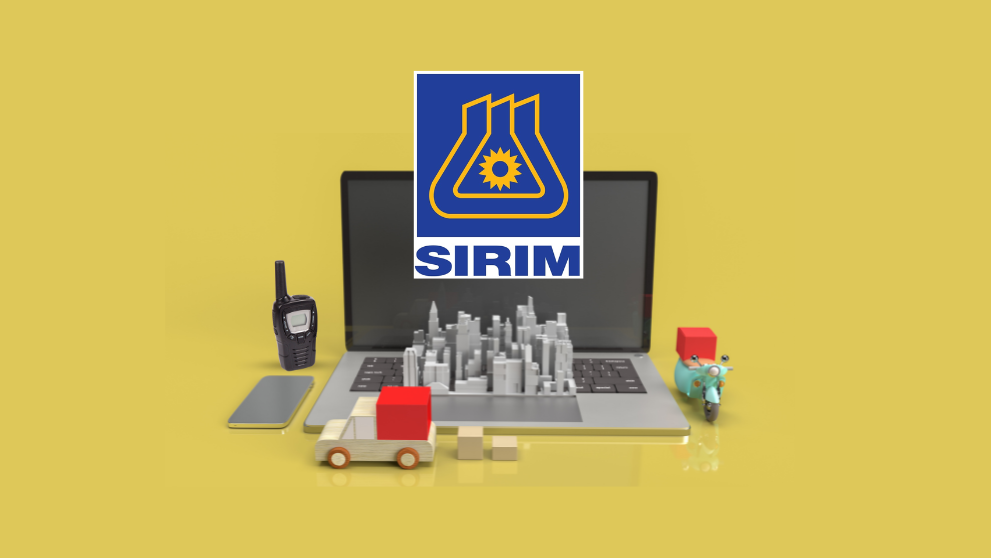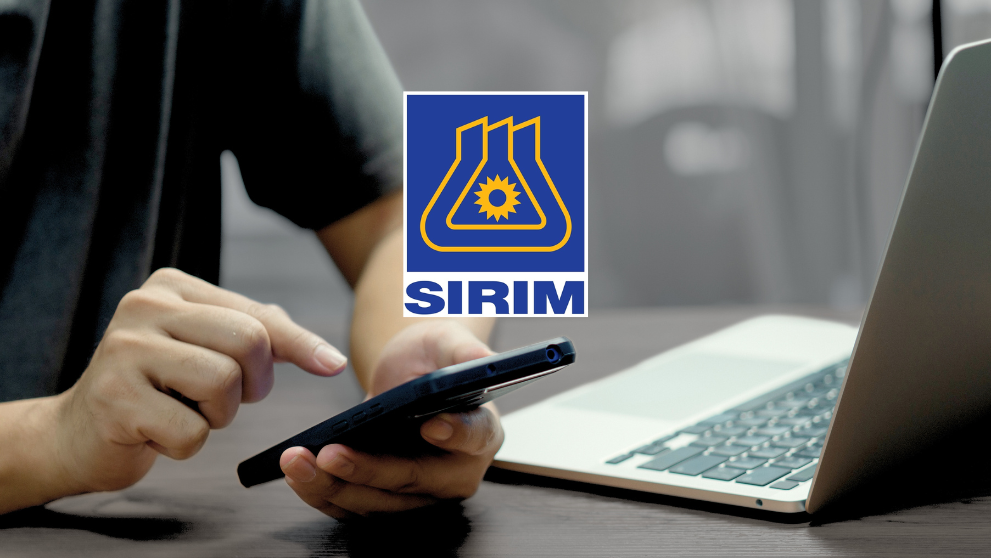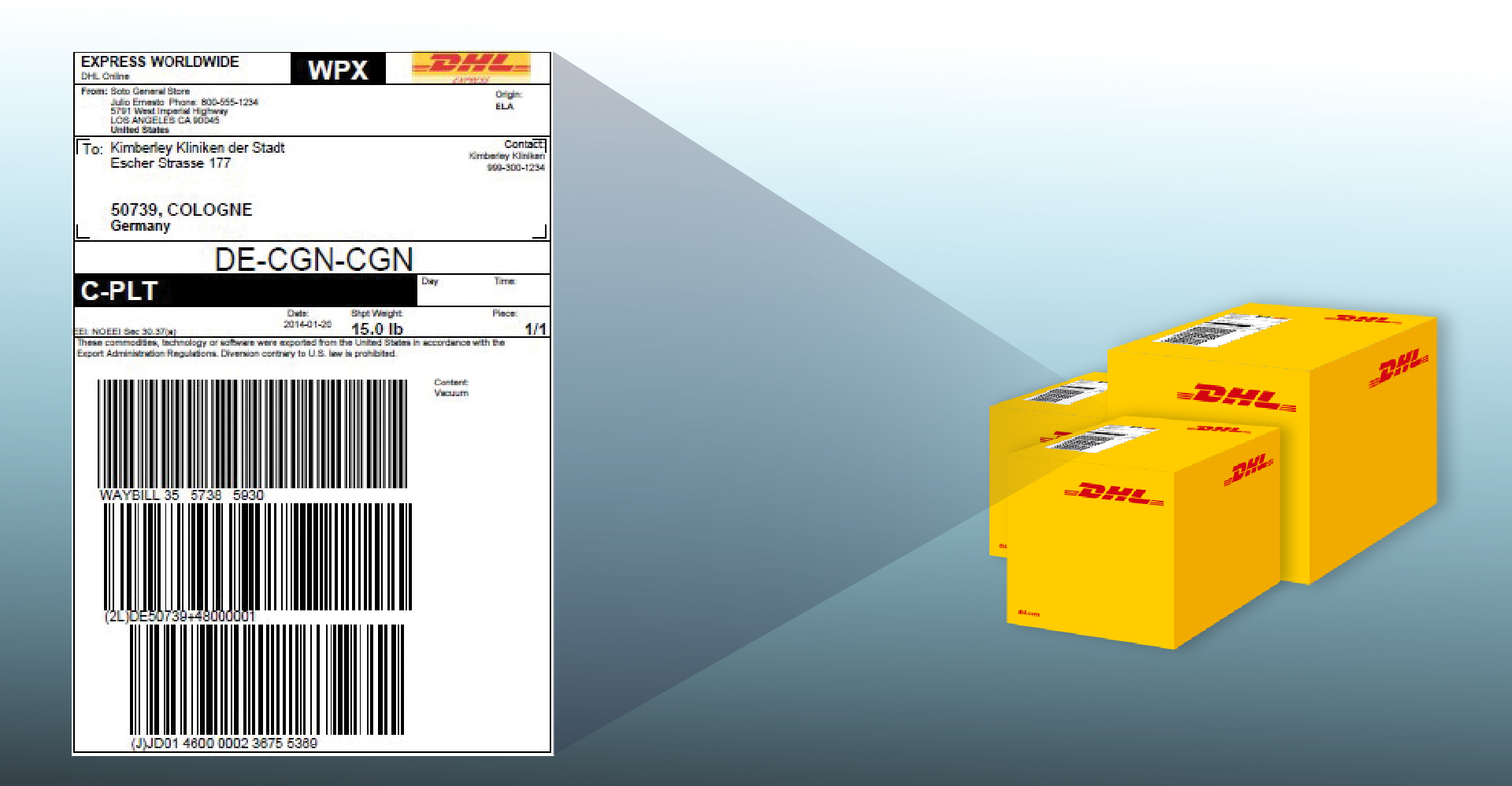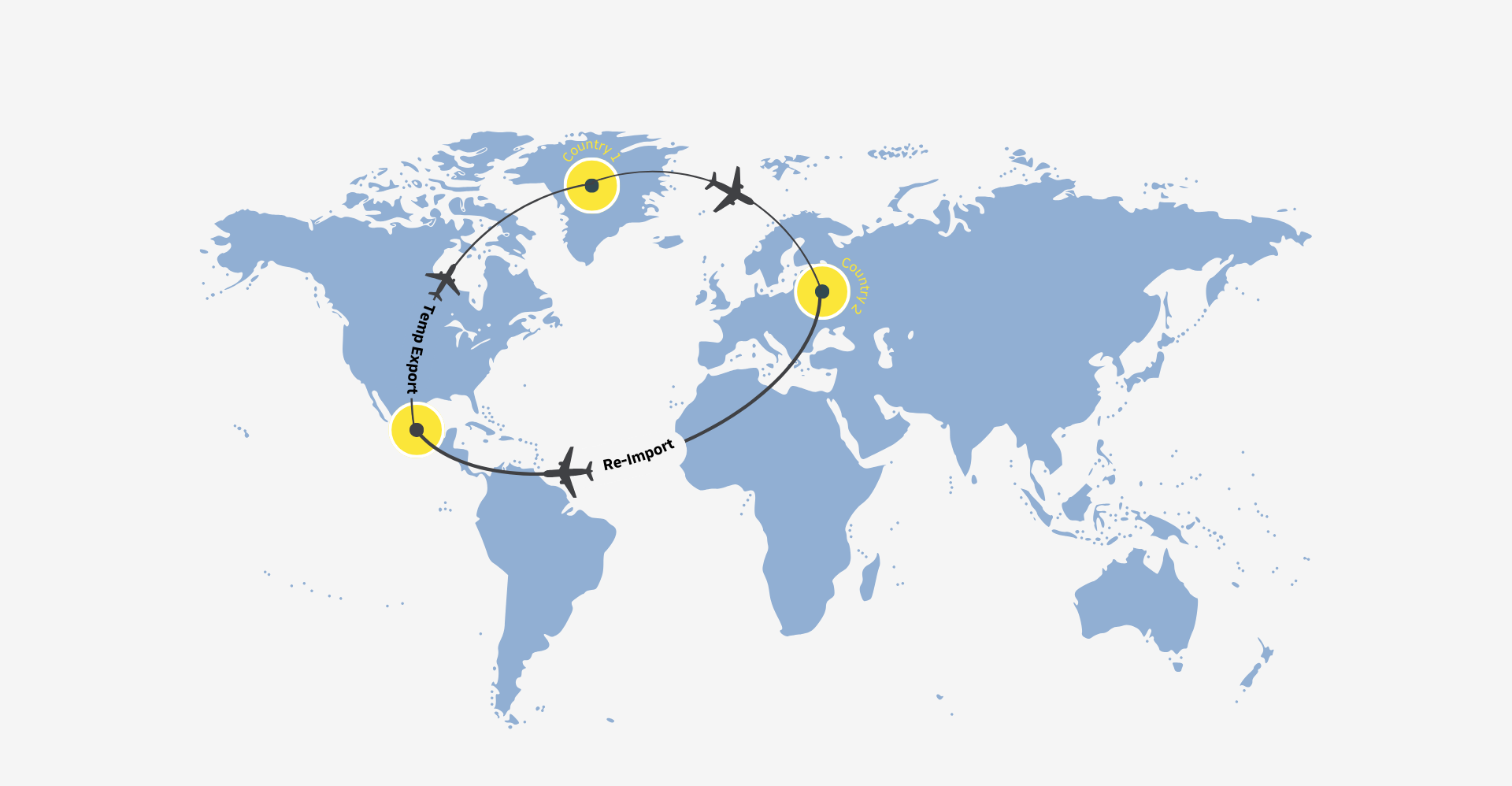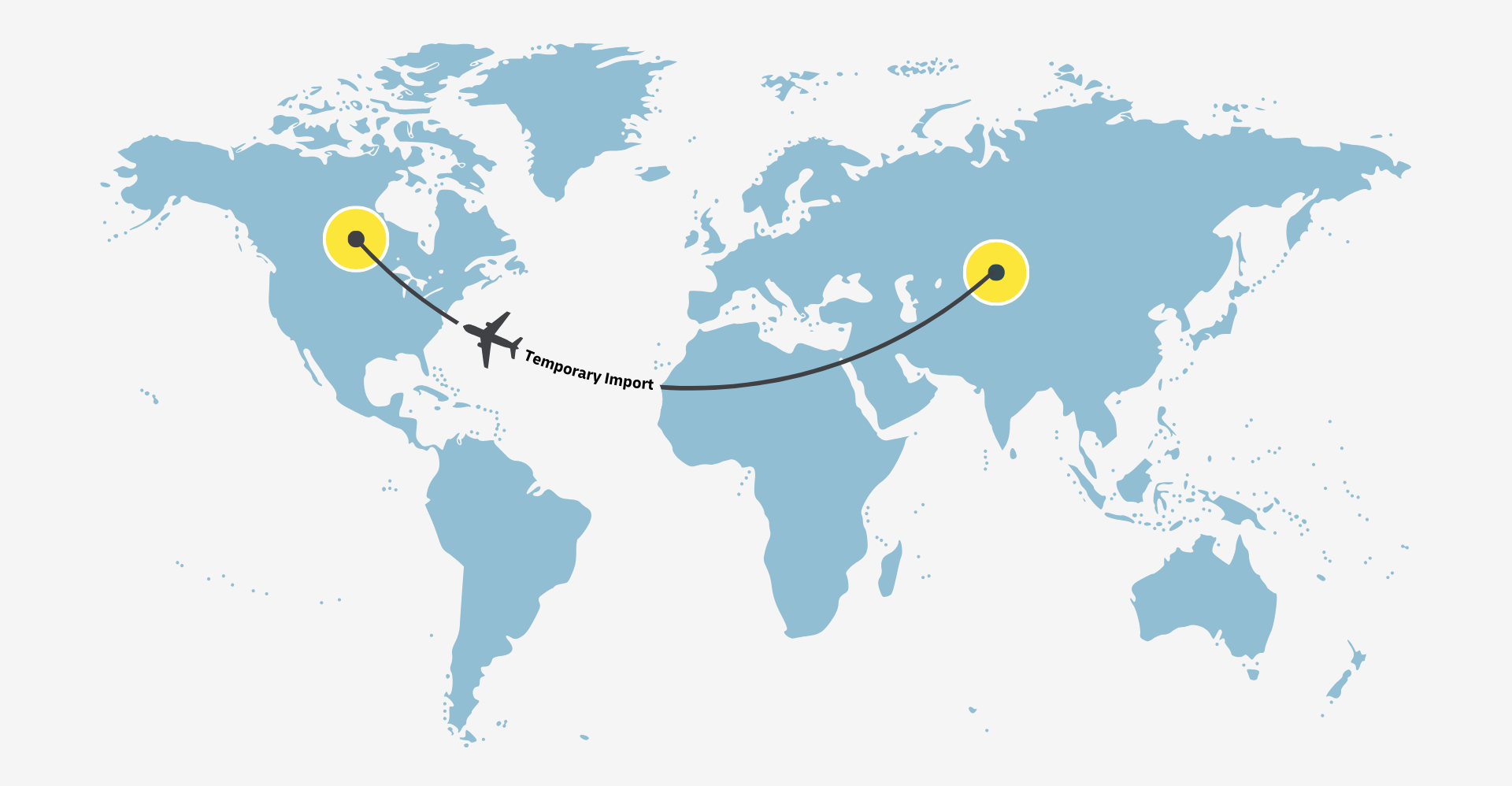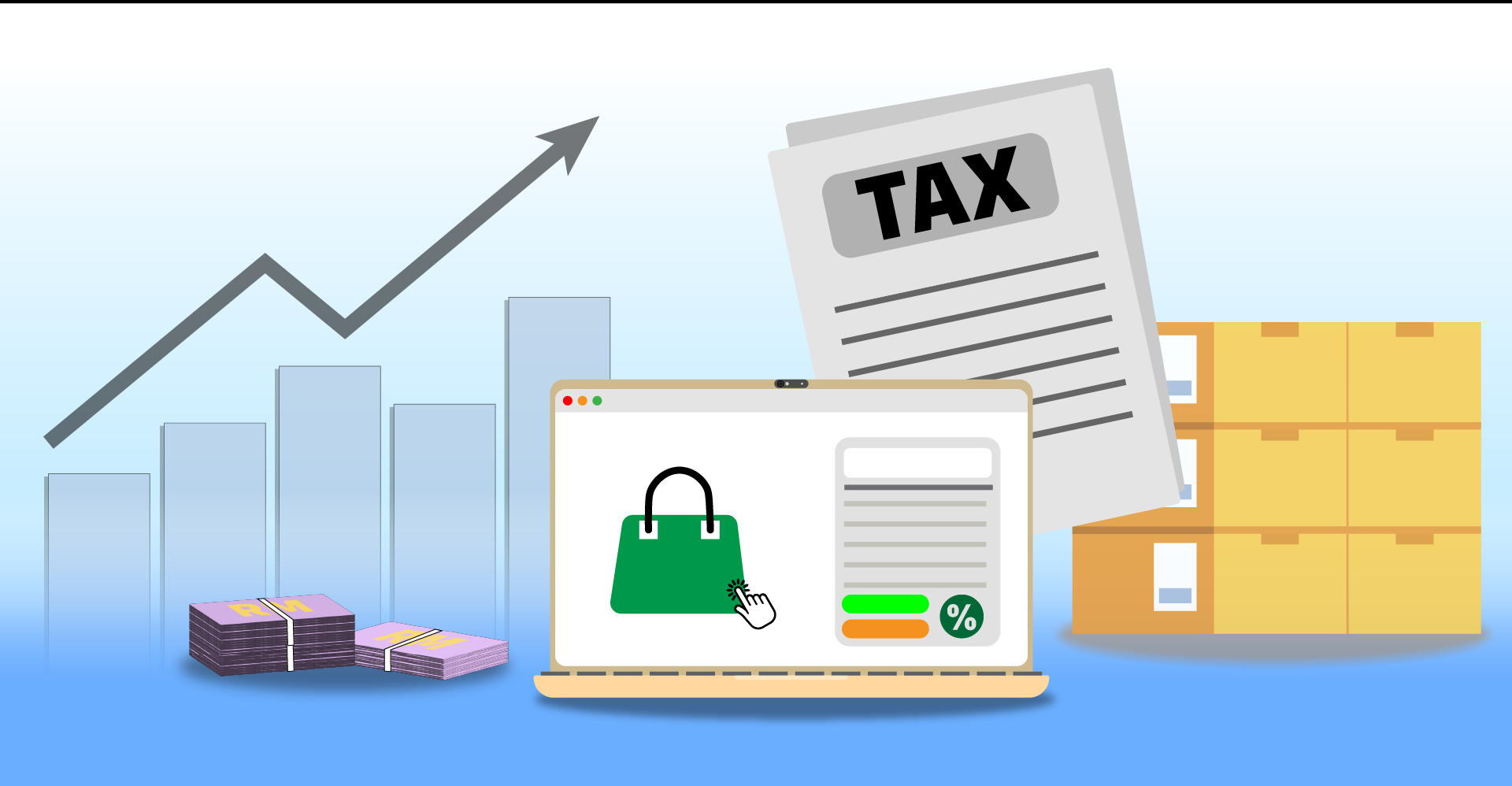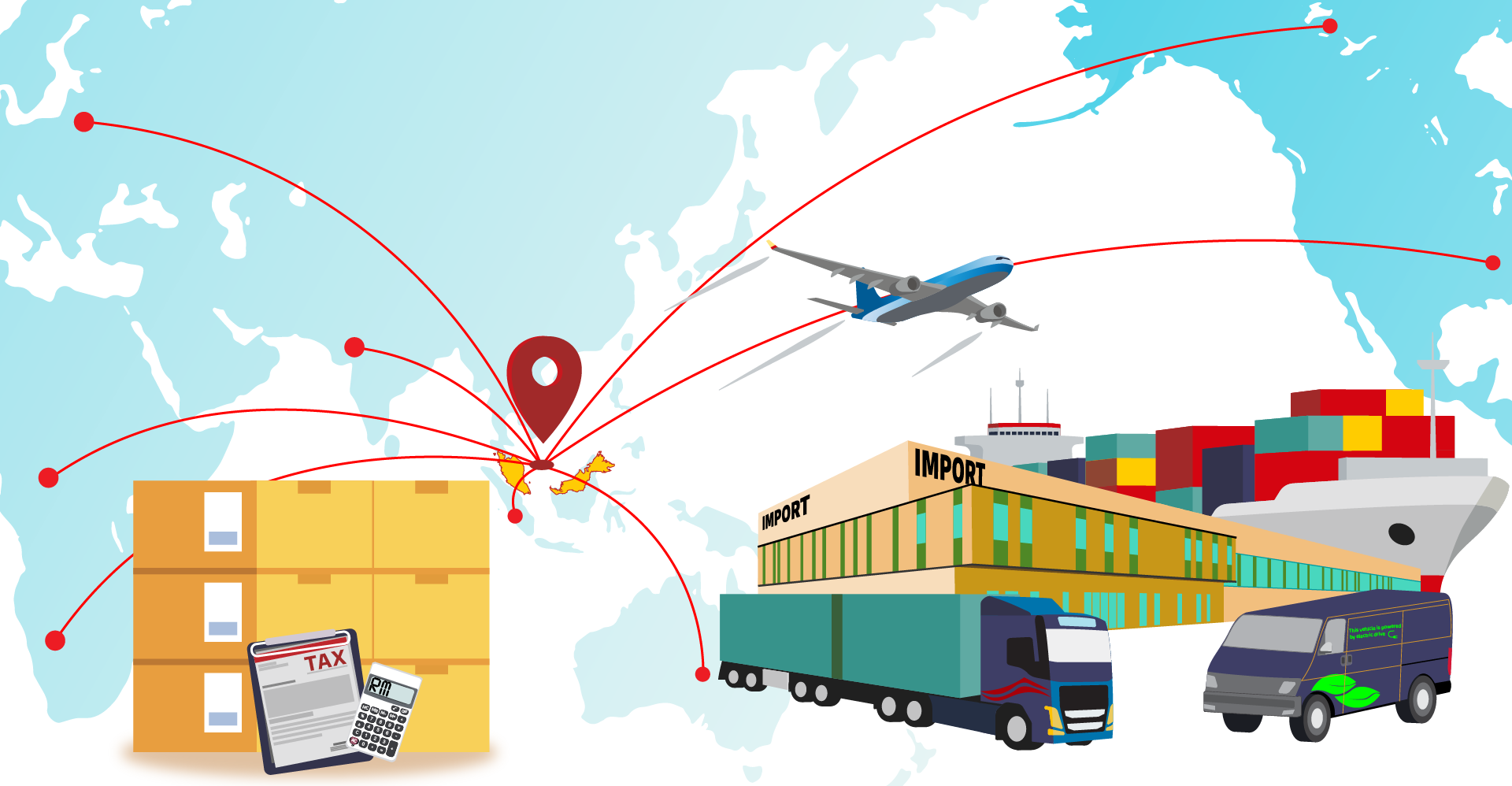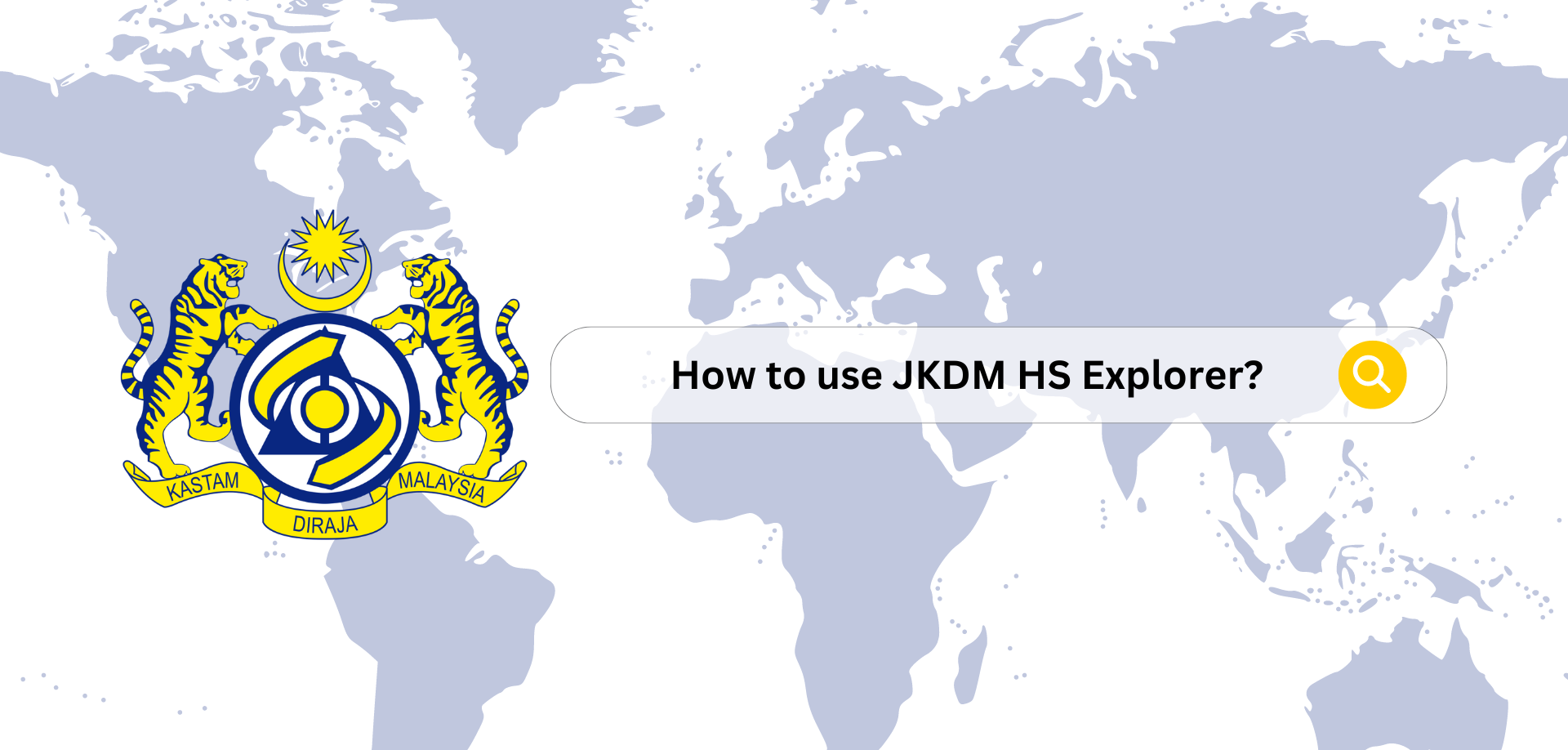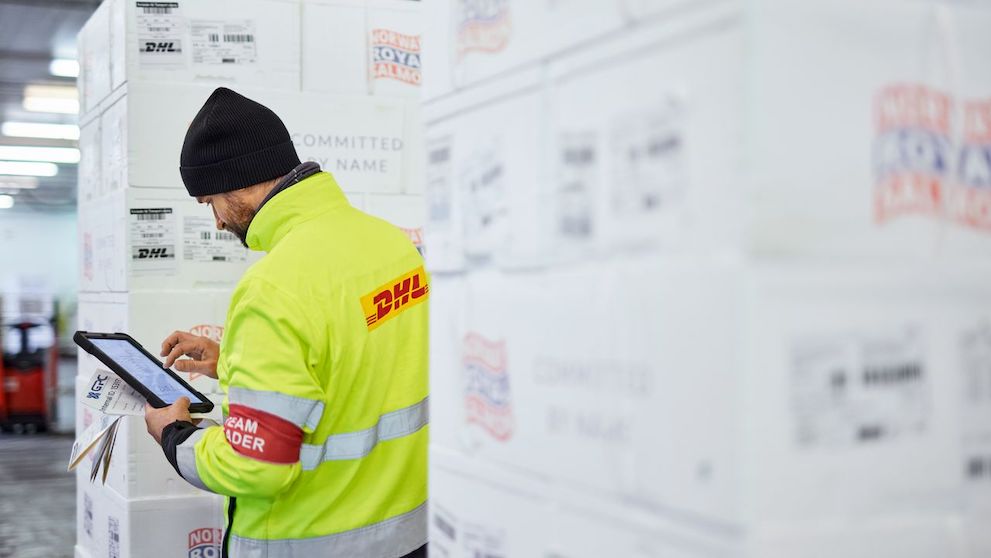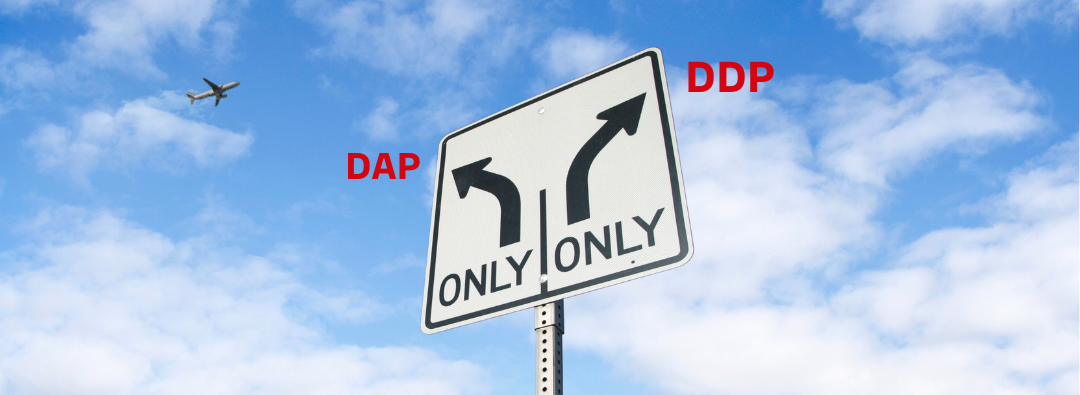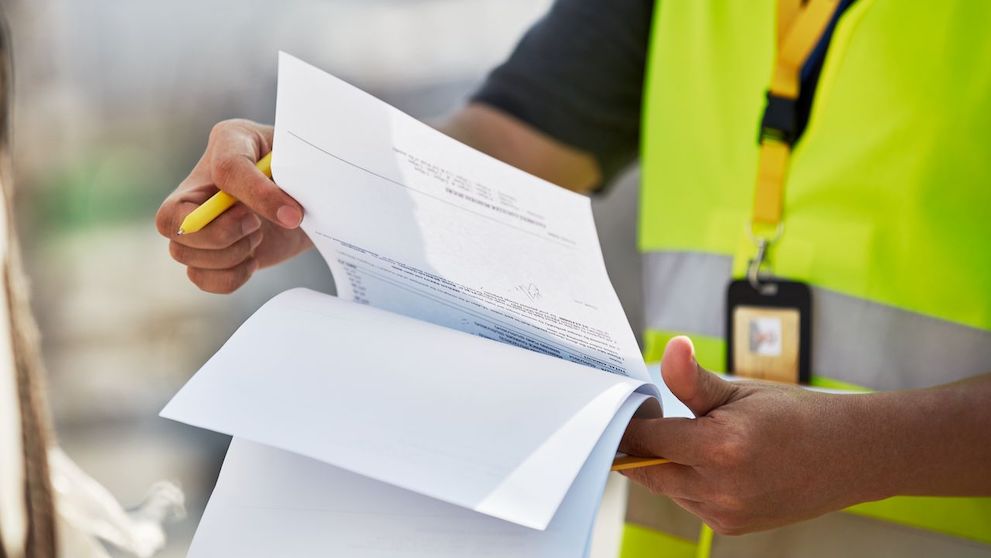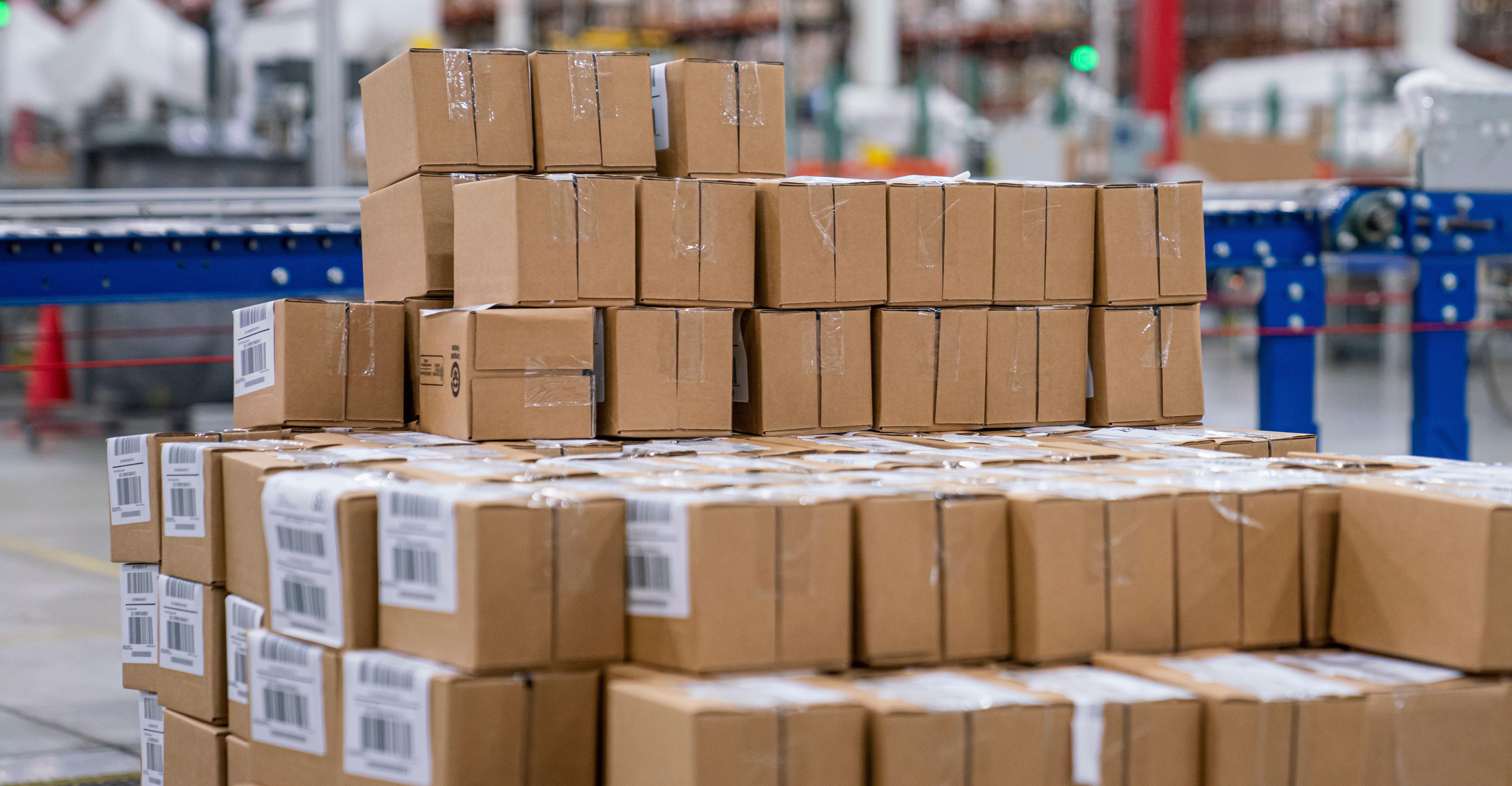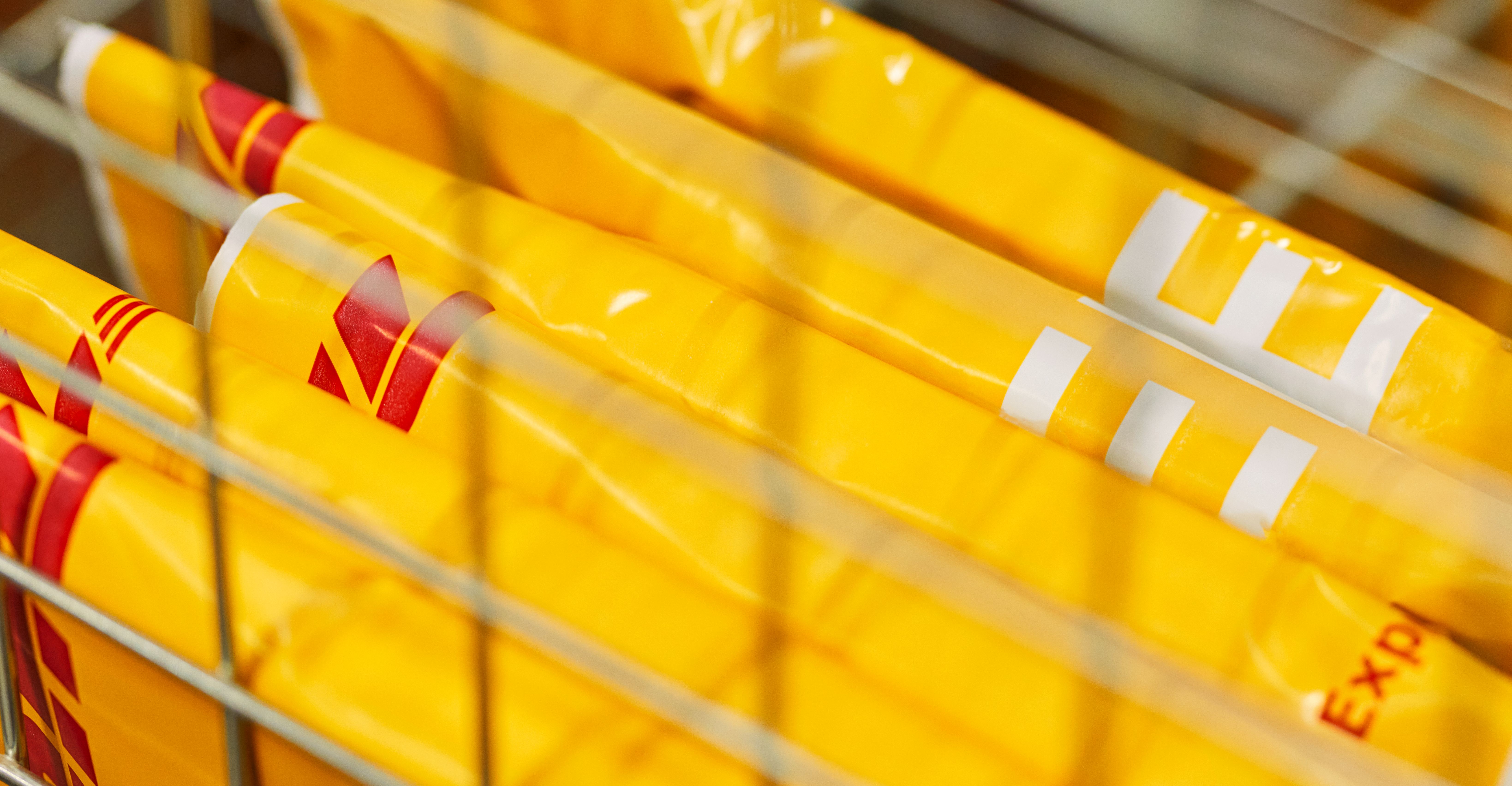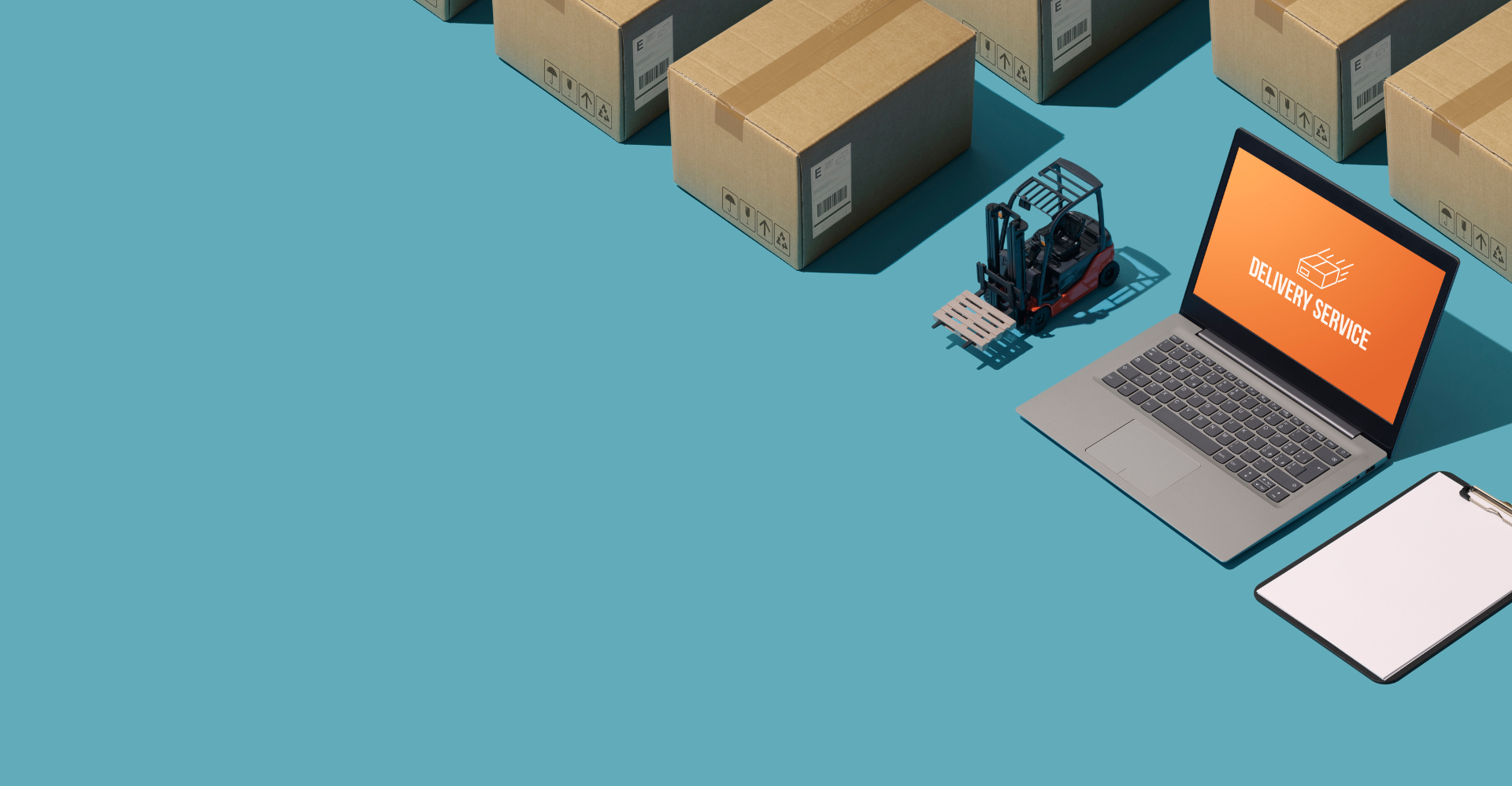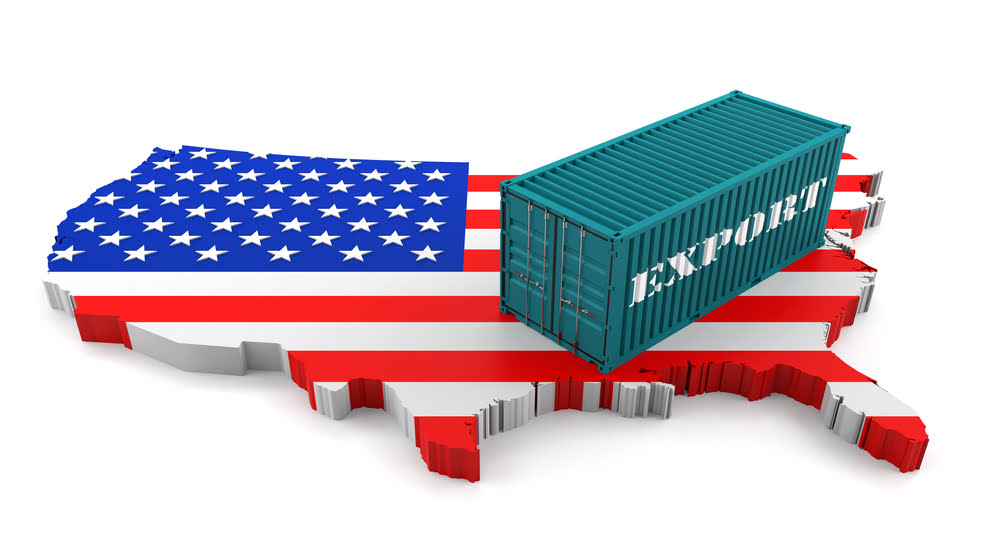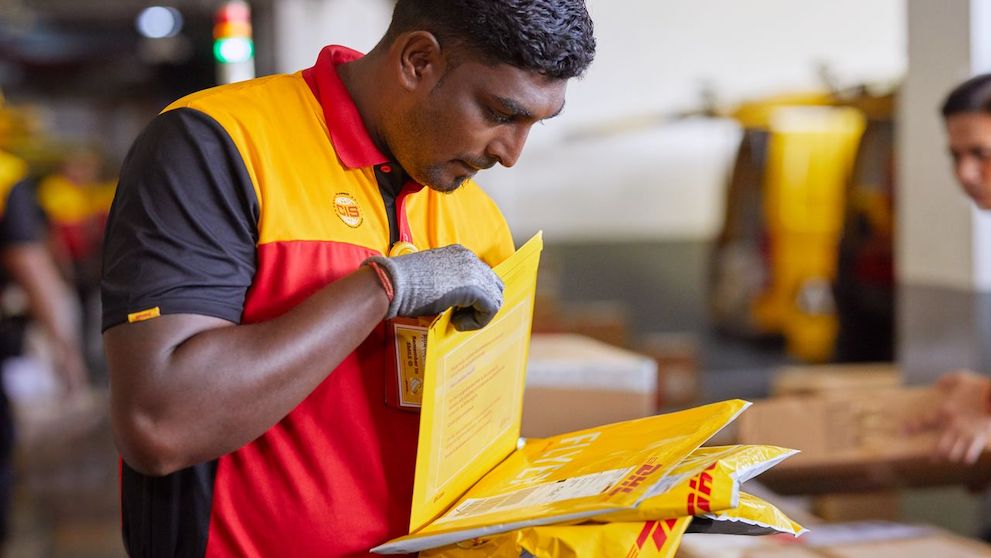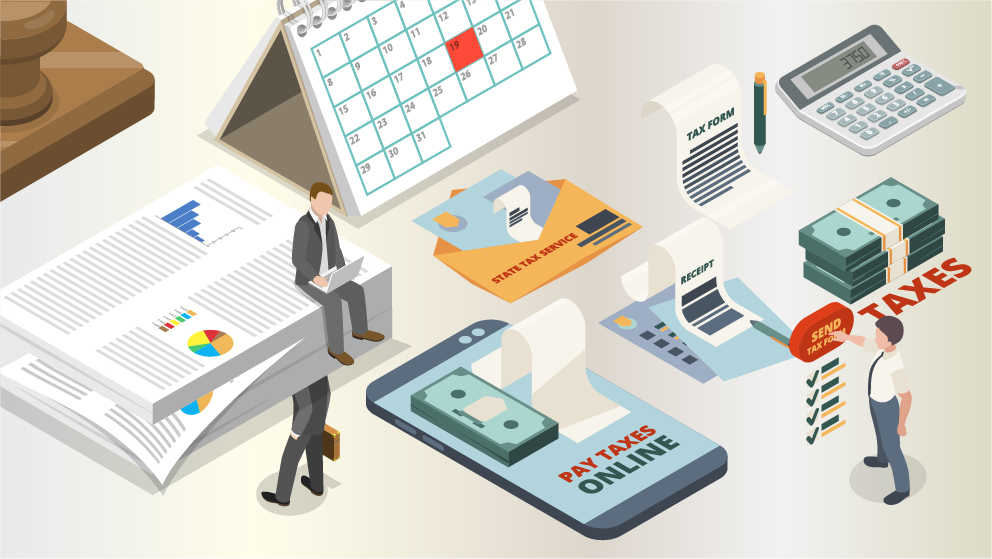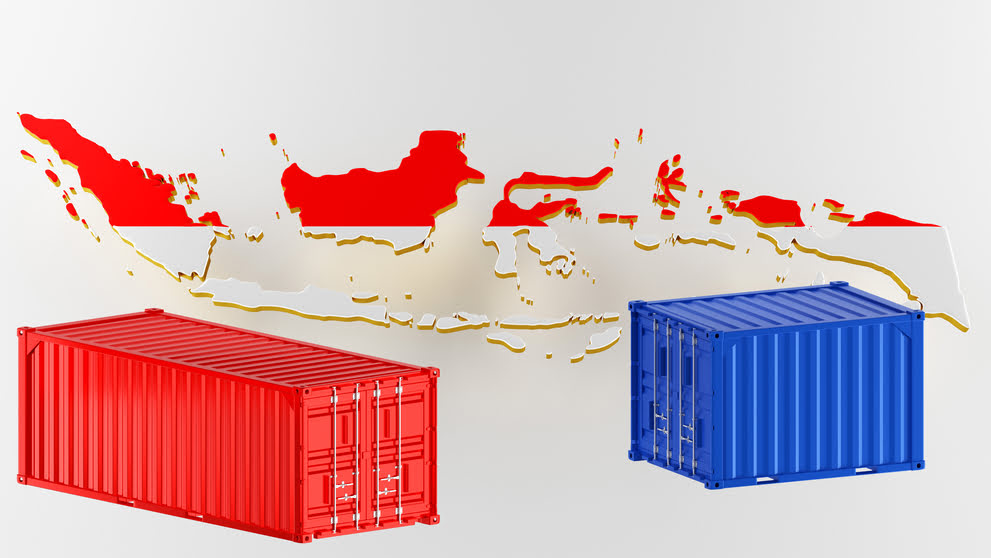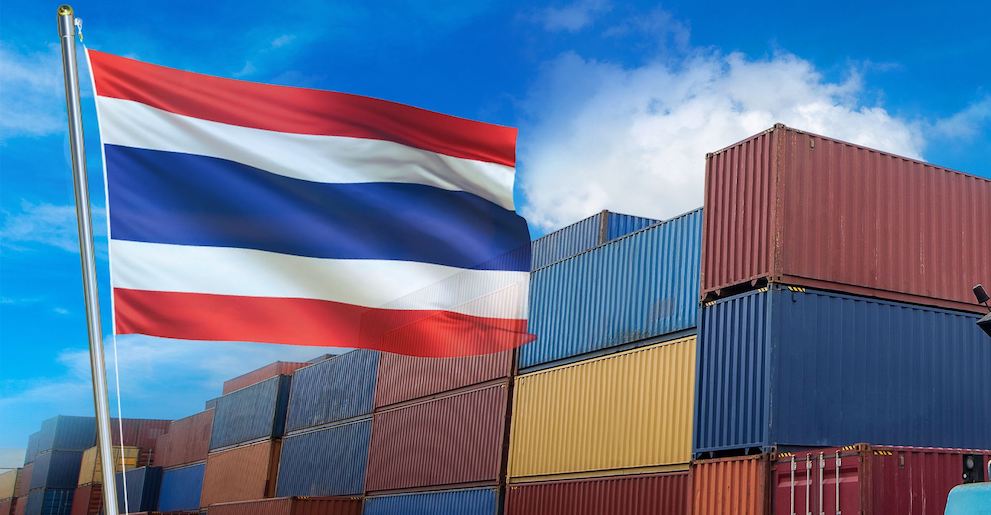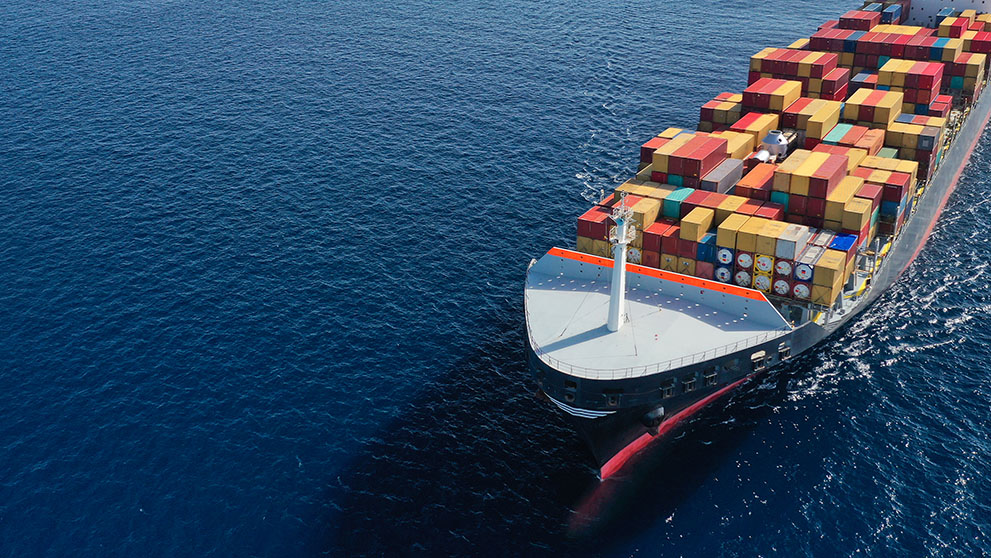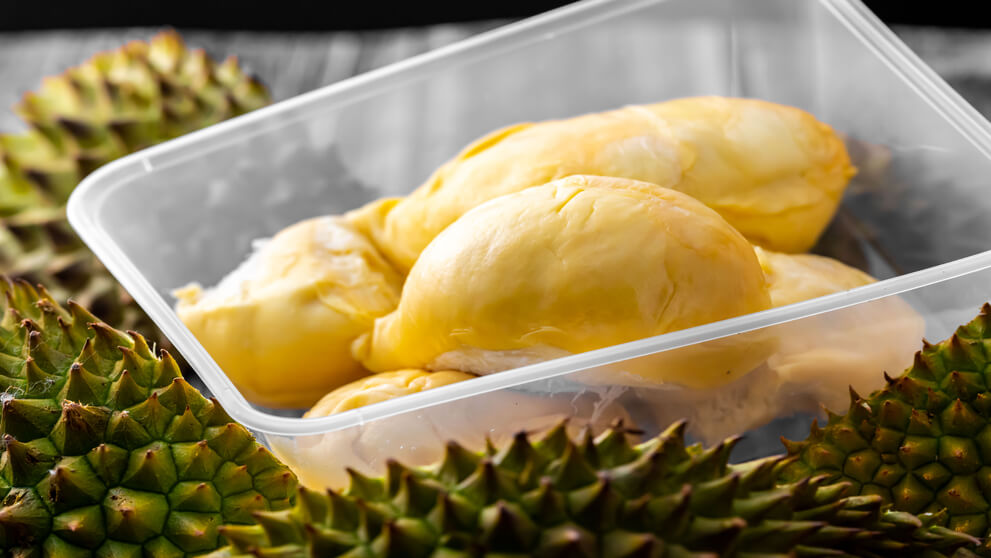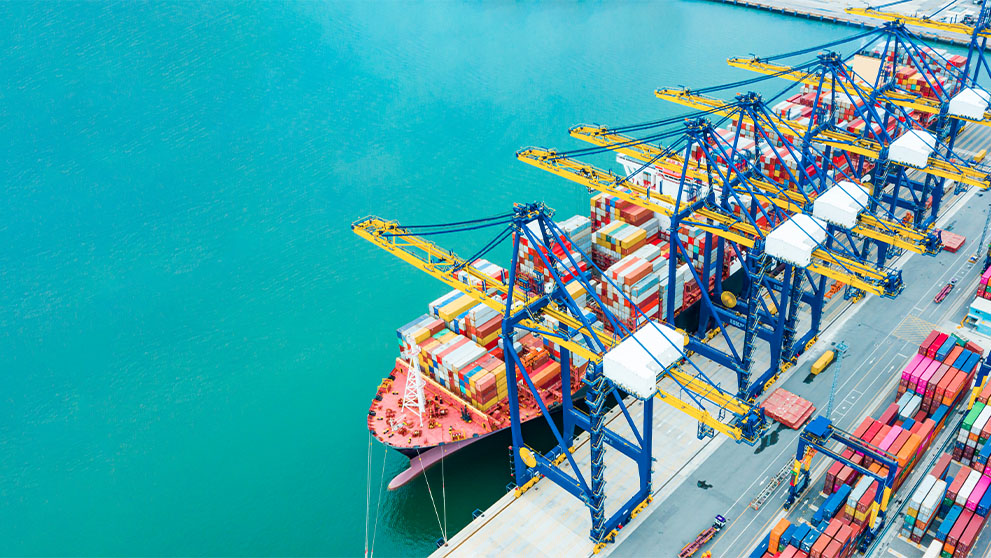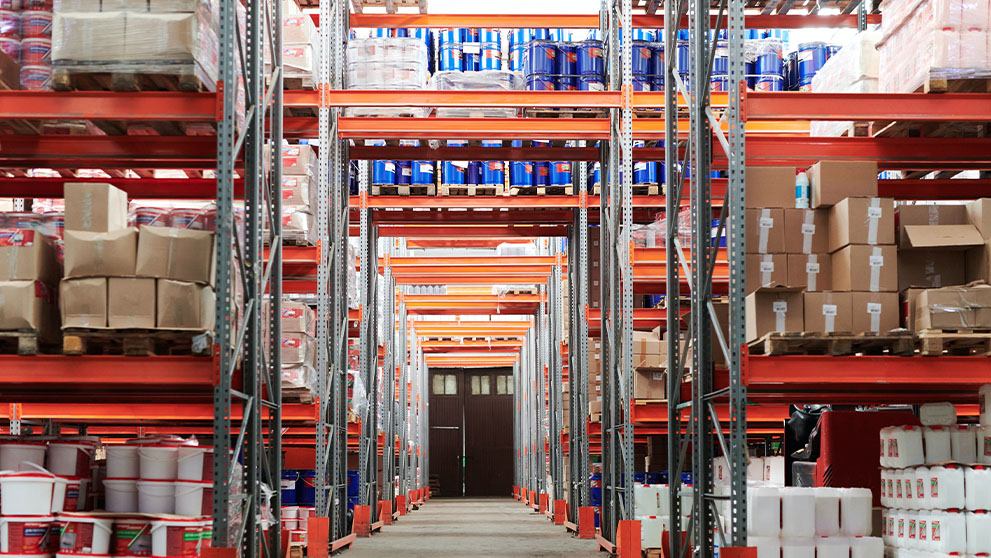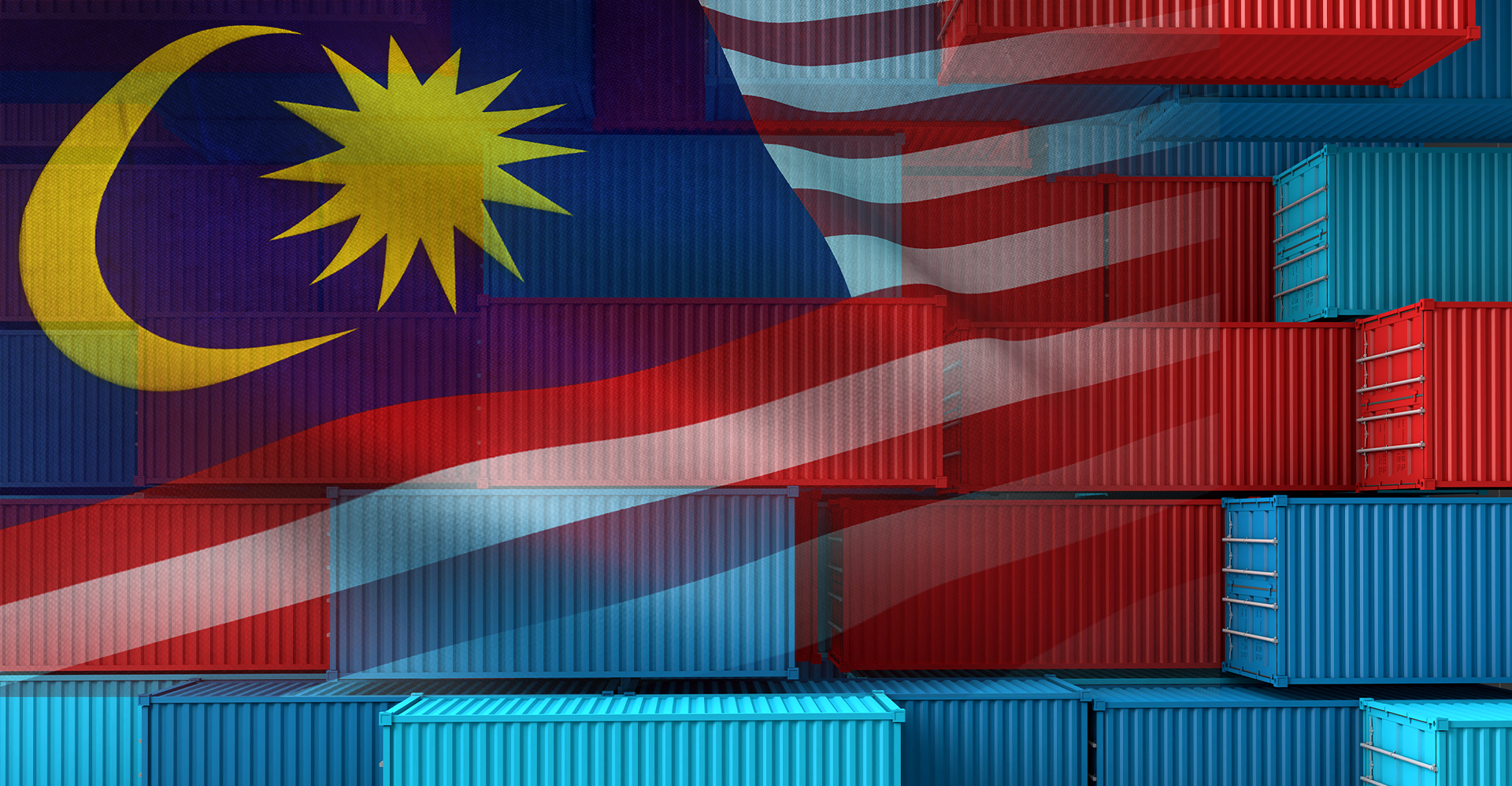No one likes complicated paperwork.
However, if you’re planning on exporting products from Malaysia to a foreign country, preparing the right paperwork is key to ensuring they reach their destination.
Along the supply chain route, you would need to provide information on your package’s content to customs authorities that allow them to verify if it can leave or enter the country, as well determine the correct taxes and duties.
Curious to know more? Well, you're at the right place!
First, take a look at the visual below that summarizes every document you need to know!
1. Commercial invoice
A commercial invoice is an essential shipping document that is issued to a buyer before their items are shipped. This document assists local Malaysian and foriegn customs authorities with all the information required for them to determine if your shipment can be exported or imported. It provides a comprehensive summary of a shipment, including the buyer’s and seller’s information, a description of their contents, cost breakdown, harmonised system (HS) codes and terms of sale. Also ensure to state the insurance costs and country of origin.
2. Bill of lading
The bill of lading (BL or BoL) is a legal export trade document between the person shipping and the shipping company. It contains everything the shipping company needs to know to be able to get the goods to the right destination in optimal conditions. Information includes the shipping destination, the shipment’s contents and handling instructions. The BL is attached to the product and should contain the signatures of the seller, shipper, and buyer. It helps to prevent asset theft and to ensure that all parties that acknowledge the shipment contents verify that what is on the BL is indeed accurate and if not, to take legal action against the responsible party.
3. Air waybill
An air waybill is a type of bill of lading and therefore, also contains key information of a shipment, like its destination and contents. It works similar to an ocean bill of lading. For such a document, the third-party carrier assumes responsibility from the time it receives the parcel to when it delivers it. What’s special about an air waybill is that it is non-negotiable, meaning only the specified receiver can accept the delivery and sign the document. Unlike other bills of lading, it also does not specify flight details or when it will reach its destination.
4. Certificate of origin
A certificate of origin (COO) is an important shipping document that helps in verifying a product’s country of origin. Through this, a custom’s authority would know where a certain product was produced, manufactured and processed. You can apply for a COO from your local chamber of commerce, submit and have it approved by the local authorities. If you’re exporting to a country where free trade agreements are established between your country and theirs, a COO would be a way to let customs know that goods are eligible for reduced taxes and duties – termed preferential COO. Otherwise, it’s called a non-preferential COO. Some countries don’t require such a document, so check to see what the port authorities of your import destination have in their list of requirements.
5. Export and import licence
Different countries have different goods that are restricted from shipping out of the country. These could include certain liquids, chemicals or medicines, or particular films and photographs. To export these goods, businesses would need to apply for a special export licence to obtain the permissions to bring such goods. To import or export goods which require a license, traders first must register with the Companies Commission of Malaysia. Once registered, a company must then apply for an import license from the Ministry of International Trade and Industry (MITI). Malaysia uses a privatized single digital window for all import and export regulations called Dagang Net.
6. Export packing list
An export packing list is a detailed document that provides information to the relevant parties that handle the shipment along the supply chain journey. It allows goods to be stored properly. For example, if you are shipping medicines that need to be stored at a particular temperature and handled specially, an export packing list provides adequate information to ensure your parcel can be processed and handled properly.
An export packing list contains the following information:
Exporter’s details
Consignee and buyer’s details
Shipping details (method of dispatch, shipment type, country of origin, country of final destination, voyage number, date of departure)
Product and packaging details
Authorised signature
7. Insurance certificate
An insurance certificate is proof of insurance coverage if a shipment is lost or damaged. It provides the buyer or consignee with the assurance that they will be compensated for any goods that fail to reach their destination. It also ensures the shipper is covered if something happens.
8. Inspection certificate
An inspection certificate is a document that professionally verifies that the contents of your shipment are of the quantity and quality specified and that they are also what the buyer ordered.
Ensure all shipping documents are prepared
International shipping helps your e-commerce business grow. By doing the due diligence and making sure that you have all the necessary export and import documents, you can guarantee that your products will be successfully delivered to your customers.
Some third-party logistics companies, such as DHL Express, provide customs clearance services at a small additional cost. If you are pressed for time, considering these alternatives could help you save time.



